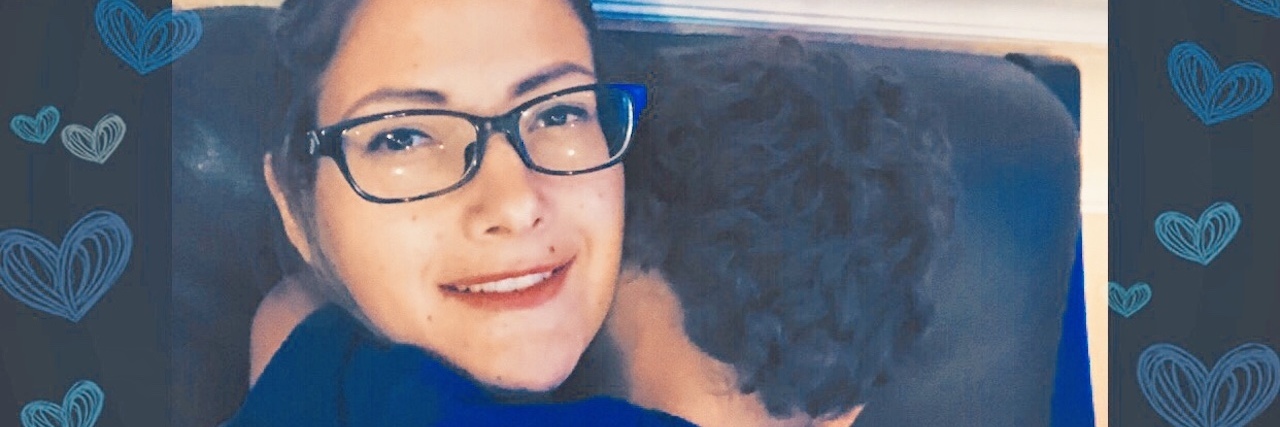Parents of children with any type of diagnosis most likely have to face a whole new set of challenges to parenthood above and beyond what they may have been ready for. These can be isolating, lonely and scary.
But along with these challenges can come blessings. You are moved to learn and to grow. You may not have believed what you were capable of when your family started this journey, but you will be amazed with the person you become as you advocate and provide the best you can for your child.
One lesson that has greatly empowered me is learning the power of saying “no.” This can be a tough lesson if you had previously been used to being a “people pleaser.” You cannot people please with a child with unique needs. Trust me, I have tried. I have spent way too much time trying. Way too much time disappointing myself.
As a parent to a child with a disability — however hard it may be — it’s important to learn the skill of saying “no.” It won’t be easy, but it is necessary.
You are your child’s advocate.
No, that doesn’t work for us.
No, that doesn’t help my son best.
No, he will not do that the way you do it.
No, those accommodations don’t quite meet his needs yet.
No, we cannot attend that particular social gathering.
No, that school model isn’t right for my child.
No, please don’t let your kid treat my kid that way.
No, it’s not OK to talk about him like he doesn’t hear you.
No, we likely won’t stay for the entirety of the event.
No, he might not say hello.
No, he might not look you in the eyes.
No, he probably cannot stay still or quiet for that long.
No, he does not learn that way.
What saying “no” does not mean:
We don’t love you.
We don’t like you.
We don’t want to be around you.
We are judging you.
We think we are better than you.
What saying “no” does mean:
I recognize my child’s unique ability.
I recognize my child’s unique struggle.
I recognize the environment is overly and intensely stressful and possibly traumatic and harmful for my child, and I am going to do something about it.
My child is a priority to me. Who my child is matters to me.
The bottom line is this:
I love my child when it’s hard.
I love my child when it’s easy.
I love him unconditionally.
I believe God has called me to do that.
I am better because of loving him.

